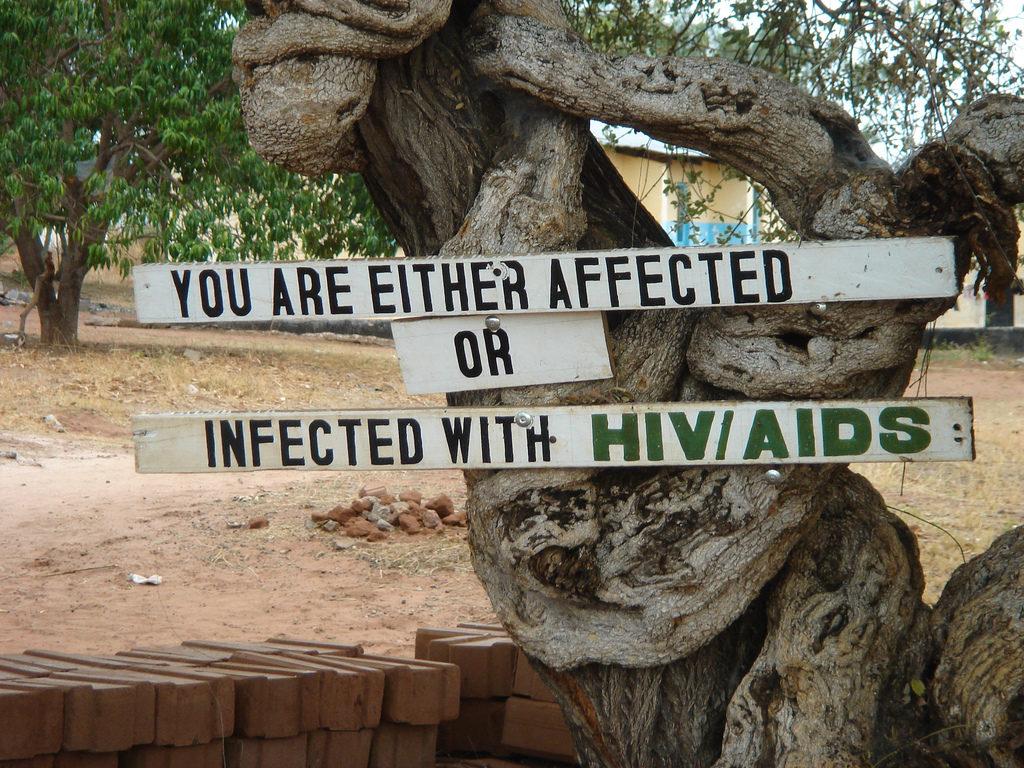Thanks to modern medicine, many illnesses can be cured with treatment. For some, it’s as simple as getting a shot or a daily regimen of antibiotics until the illness subsides. For transmittable diseases, lifetime treatment and possibly lifestyle changes, are necessary for survival. This is the case with HIV/AIDS and for most carriers — the stigma attached to it can be more crippling than the illness.
In an exclusive interview with BuzzFeed, a southern photojournalist under the pseudonym Jen Mosher discussed her most recent post to her blog Scary Mommy, in which she detailed her experience as the mother of a child with HIV. The blog post, which has received more than 39,000 shares, begins by saying “My HIV child is playing with your child, and you don’t know it.”
HIV, also known as Human Immunodeficiency Virus, is a virus that attacks the t-cells in your body, which are necessary for fighting off infections and diseases. Over time, if enough of these cells are destroyed, the body can no longer protect itself against infections and diseases and when this happens, the HIV leads to AIDS, the last stage of the HIV infection. It is spread through sexual contact by the exchange of bodily fluids, blood and through pregnancy, childbirth and breastfeeding.
None of these were the case for Mosher’s daughter who was adopted from an HIV-positive children’s orphanage in China. Mosher and her husband took an interest in adopting an international HIV-positive child after a trip she made to Africa, where she photographed children at an AIDS orphanage.
Mosher told BuzzFeed that after doing some research and talking with families with HIV-positive children, she and her husband knew the chronic disease was manageable.
“She has played with your child at a local private preschool, been dunked next to yours during swim lessons and stands in line behind your kid in gymnastics class,” said Mosher. “My HIV-positive child has legal protections that mean we don’t have to tell you — schools, camps, parents or anyone except doctors and dentists — about her HIV-positive status.”
You may read this and gasp in shock. You may be concerned, perhaps outraged. You may wonder, how could she willingly adopt this child? You may think it’s not fair to her community members or to other parents, for her to hide such a thing, irresponsible even. Don’t they deserve to know? Her daughter shouldn’t be allowed to go to school with healthy children – she could give them HIV.
It is this type of thinking that informed Mosher and her husband’s decision to keep their daughter’s condition a secret from their community.
“[It] ends up feeling sometimes like a version of ‘Don’t Ask, Don’t Tell,” Mosher told BuzzFeed.
Although such feelings and concerns are valid, intolerance and exclusion, which is often the approach, is not the solution to dealing with those that have the disease. Many fear it because they do not understand it and how it works.
HIV/AIDS has no cure, but it can be managed through a strict regimen of taking three different HIV medications a day, regular checkups, a balanced diet, daily exercise and proper rest and sleep.
Apart from living with an active virus, it sounds like a routine most live by.
“Modern medications render the virus powerless,” Mosher said. “Every four months my child has her blood checked, and every time the results are the same: the sensitive lab tests detect no virus in her bloodstream. She is healthy, happy and hilarious. I bandage her scraped knees; mop up bloody noses; share food, water and kisses; and deal with boogies—all with no risk and no worries about contracting HIV.”
In spite of its maintainability, many live in fear of HIV/AIDS and ostracize those who have it. This is because of its association to things already stigmatized such as sex between gay men and drug use by injection. Its histories with these two things should not be what defines the illness.
It may be daunting to know that you could be living and sharing space with people who have HIV/AIDS and not know it, but understand they are as entitled to their privacy and well-being as you are to yours. In a perfect world, everyone would be informed and tolerant of one another despite their circumstance, but that world doesn’t exist; therefore laws such as the one that keep such personal information private exist.
Photo courtesy Creative Commons.








